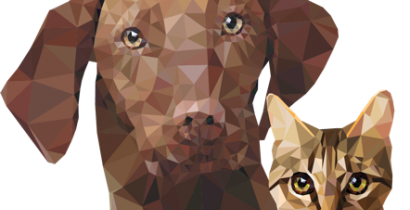Home -> Vectors -> Mosquitoes -> Life Cycle
LIFE CYCLE
Mosquitoes undergo complete metamorphosis, passing through four distinct stages during their life cycle: egg, larva, pupa, adult/imago.
A complete cycle from egg to egg (whole developmental cycle) can be as fast as about 14 days or as long as several months in diapausing species. Larval diapausing as well as hibernation or aestivation in females has been reported in some mosquito species.
Egg
Larva
Pupa
Adult
References
Further Reading
EGG
The eggs of mosquitoes are brown or blackish and are laid singly or in rafts
(1) on the water surface of diverse types of water collections;
(2) on the undersides of floating vegetation, to which they are 'glued'; and
(3) on wet mud, leaf litter or other damp substrates near the edge of water. In the latter case they usually hatch when flooded.
In detail, anopheline eggs are black, laid on the water surface and possess lateral floats. They cannot withstand desiccation and hatch within 2-3 days, although hatching can take up to 2-3 weeks in colder climates.
Regarding culicine eggs, eggs of Aedes and Ochlerotatus species are black and usually deposited on damp substrate just beyond the water-line. They can withstand desiccation, and dry eggs may remain viable for months or even a few years. They hatch when becoming flooded. Eggs of Culex and Coquillettidia are brownish and laid upright and together, thus forming egg rafts that float on the water surface. Eggs of Mansonia are laid in a sticky mass that is glued to the undersides of floating vegetation.
In nature, usually 4 to 5 ovipositions per female occur, with 30-500 eggs each. The site of oviposition is species-specifically chosen according to water chemistry and a circadian rhythm.
In the tropics, eggs hatch within 1-2 days, in cooler climates this process might take 1-2 weeks.
EXPLORE OUR CONTENT
 CVBD MapsThe CVBD Occurence World Map presents country-specific situations based on current scientific knowledge and feed-back from experts around the world in an easy-to-grasped way. |
| Read more-> |
 ResourcesElanco Animal Health supports education in parasitology and especially in the field of vector-borne diseases. Access image collections, discover the World Forum calendar, interesting links and our glossary. |
| Read more-> |
 CVBD World ForumThe CVBD World Forum is a working group of leading international experts with the mission to enhance knowledge and communication on companion animal vector-borne diseases for the improvement of animal, human, and environmental health. |
| Read more-> |
